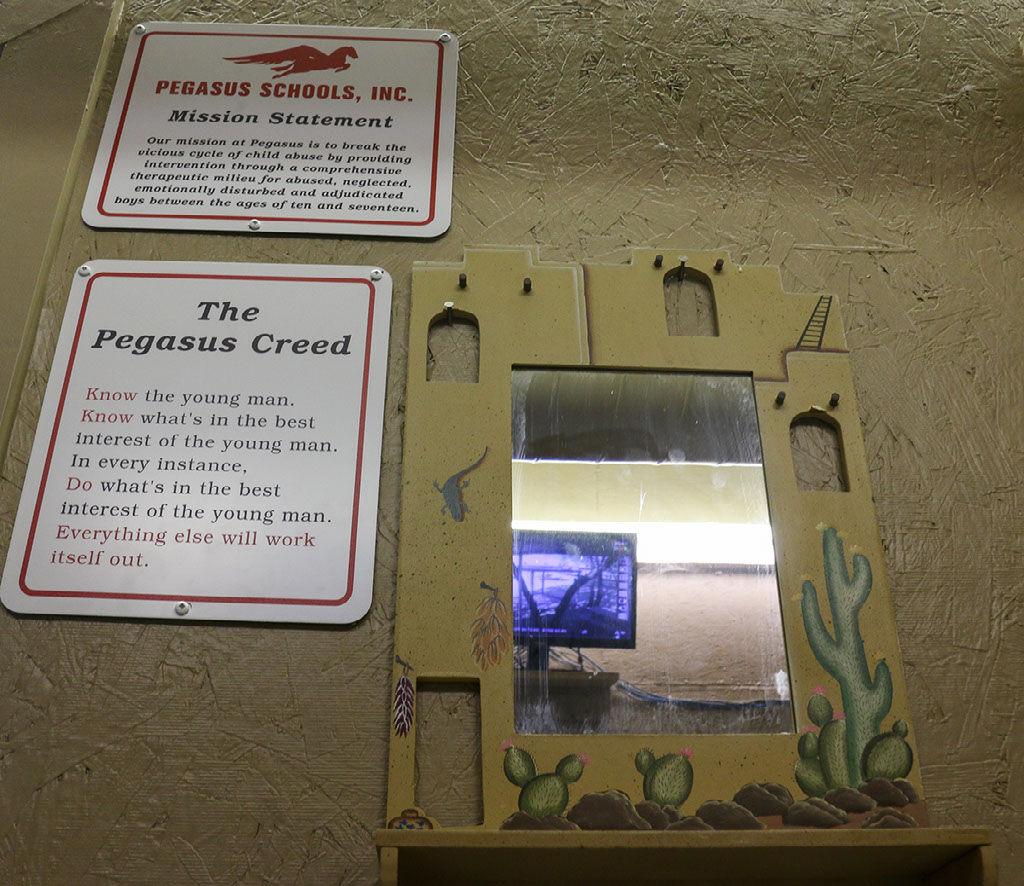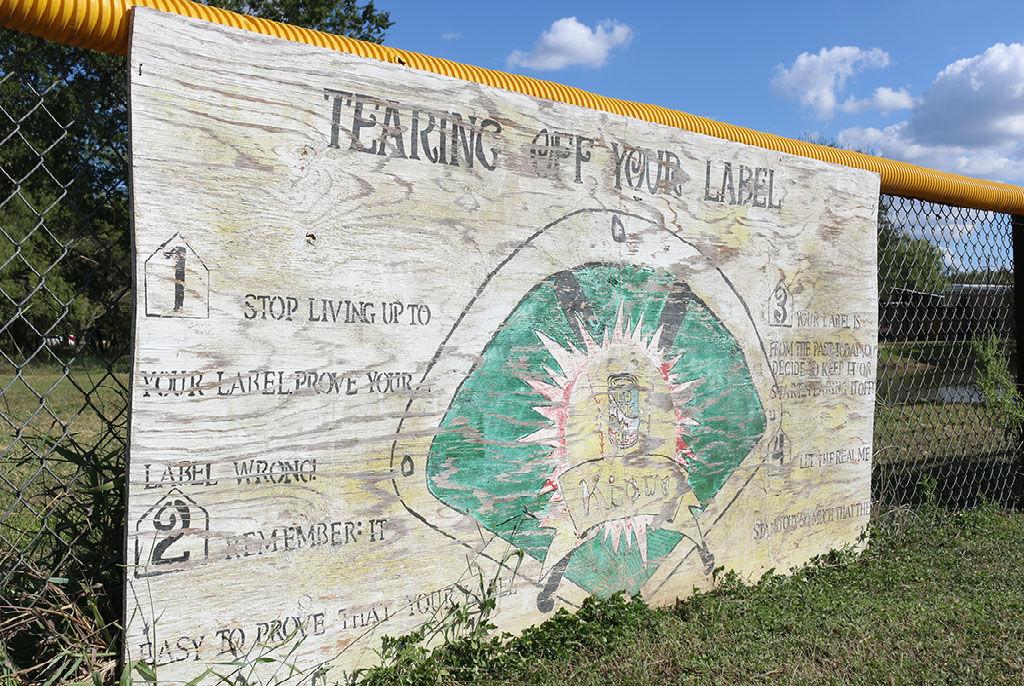The Pegasus School offers various types of treatment services, focusing on sexual behaviors, trauma, chemical dependency, anger management and emotional disorders. Oftentimes, the majority of residents come from abusive, traumatic homes.
There are four phases of Pegasus treatment and each stage takes about three months to complete. Orientation is the first step for the boys in residence. During this phase, boys grow comfortable talking about their inappropriate sexual behavior.
“Teenage boys don’t want to talk about sex with some stranger, especially about what they’ve done, be it abused by somebody or abuse somebody,” Gilleland said.
Therapists work closely with the juvenile males to acclimate them to therapy terminology, thinking errors, coping strategies and triggers.
“
We help them realize they have more than the basic emotions of mad, sad and happy. There are so many levels to what they can feel.”
— Kelly Gilleland
During the second phase—honesty—the boys reveal the entirety of the sexual contact they have experienced. Pegasus caseworkers and therapists know about roughly one or two instances upon boys’ arrival. Each resident is required to fill out a sexual history questionnaire toward the end of the phase, revealing all sexual encounters.
“By the time we’re finished with this phase, we know anything and everything the kids have done sexually, or all the things anybody has done to them sexually,” Gilleland said.
Following the questionnaire, the boys undergo a polygraph test regarding their sexual histories. Pegasus staff refers to the test as a clinical polygraph to try to prevent courts from using the results against the boys.
“As therapists, we’re looking for patterns of victimization, remorse, empathy or lack thereof,” Gilleland said. “Kids get asked standard ‘yes’ or ‘no’ questions about their honesty and force used. We’re just trying to figure out if these kids are predatory, opportunistic or just curious about sex and want to explore but got caught and are now in trouble. There are different reasons kids act out.”
Once the boys pass the polygraph portion, boys move on to phase three: empathy. It is here therapists work to place the boys in their victims’ shoes.
The goal of this stage is to stop the offenses and number of victims. By implementing the offender cycle—where boys plan and scout for opportunities before choosing a victim and setting up the offense—the program enables boys to understand at any point, they can stop. If children can identify the problem with certain behaviors, they can cognitively understand what is happening before getting themselves into trouble.
The fourth and final phase is prepping for the transition to go back into the community. Throughout the course of about one year, residents are taught how to behave, comprehend what to do in a risky situation and identify safety plans so they will no longer be triggered to act inappropriately.
“
The label of ‘sex offender’ most definitely sticks to you like glue. We work hard to get kids proper treatment then get them out.”
— Kelly Gilleland




